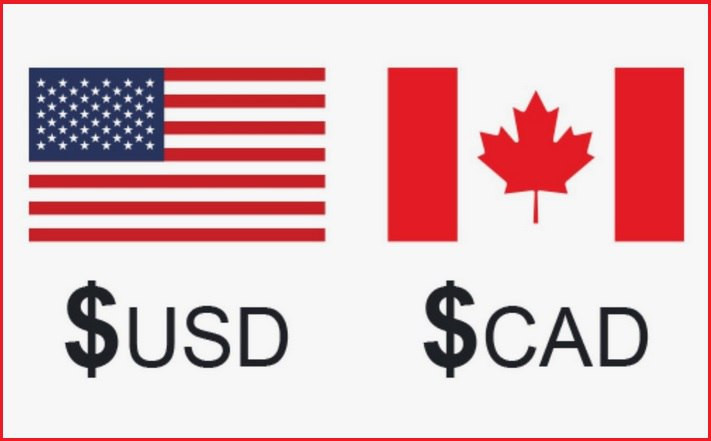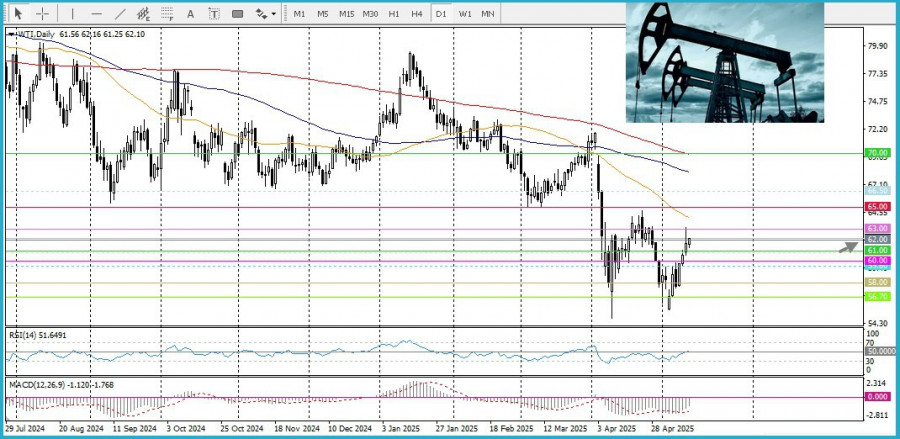See also


 13.05.2025 06:26 PM
13.05.2025 06:26 PMToday, the USD/CAD pair continues its five-day rally, trading near the key psychological level of 1.4000, where it is encountering resistance ahead of the release of the U.S. Consumer Price Index (CPI) data for April, due later during the North American session.
The CPI report is expected to show a monthly rebound from -0.1% to 0.3%, while core CPI is also projected to rise from 0.1% to 0.3%. Year-over-year readings are anticipated to remain unchanged. This data could significantly influence the trajectory of the U.S. dollar: if inflation exceeds expectations, it may strengthen the case for further rate hikes by the Federal Reserve.
Despite a slight pullback in the dollar ahead of the report, market sentiment was lifted by positive developments in U.S.-China trade negotiations. A preliminary agreement to lower tariffs by both sides has boosted market optimism and reinforced expectations for an improvement in global trade conditions. Such progress supports risk assets and contributes to the continued growth of the USD/CAD pair.
An additional supportive factor for the Canadian dollar is the rise in WTI crude oil prices, which are trading above the $62.00 per barrel mark. As Canada is a major oil exporter to the U.S., rising energy prices support the CAD and may limit further upward potential in USD/CAD.
Overall, the current situation reflects a balance between optimistic trade developments and the market's anticipation of U.S. inflation data. Should the CPI figures surprise to the upside, the dollar may see further gains.From a technical standpoint, the Relative Strength Index (RSI) on the daily chart has just begun to build positive momentum, reinforcing a bullish outlook. Additionally, oscillators on the 4-hour and 1-hour charts are in positive territory. However, before entering new long positions, it would be prudent to wait for a confirmed breakout above the 1.4000 level and a sustained move higher.
You have already liked this post today
*The market analysis posted here is meant to increase your awareness, but not to give instructions to make a trade.


